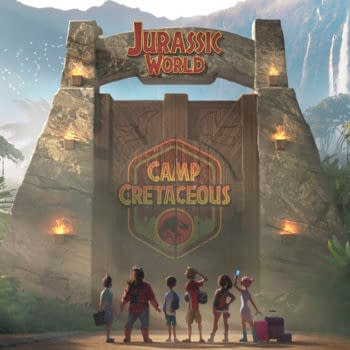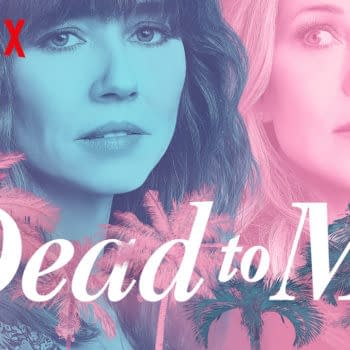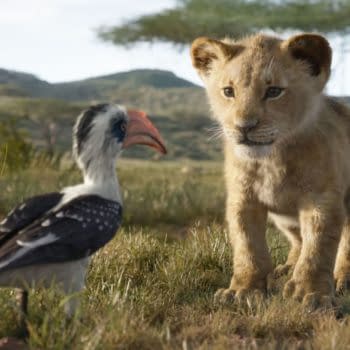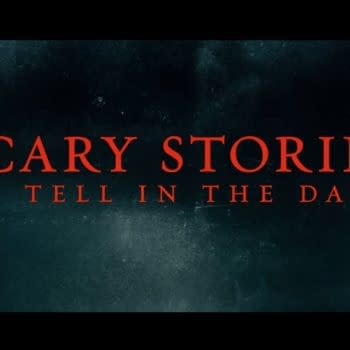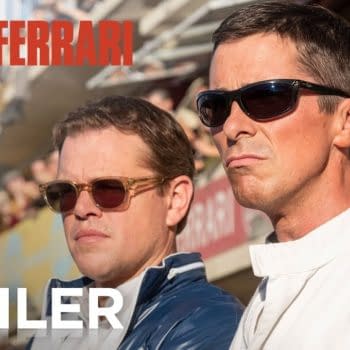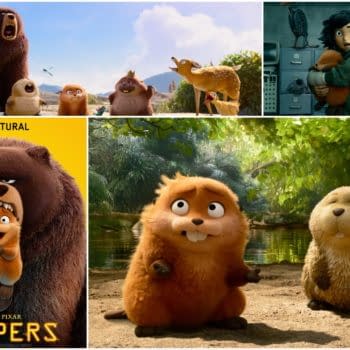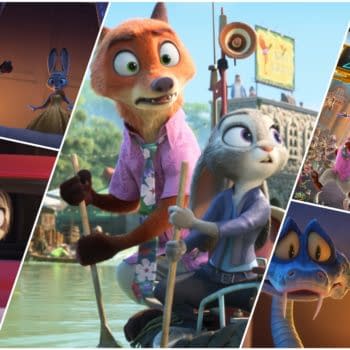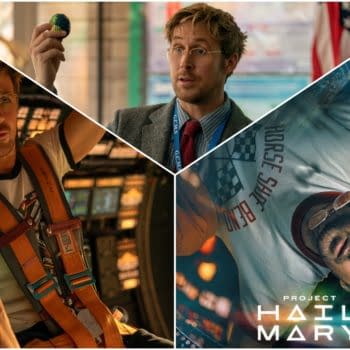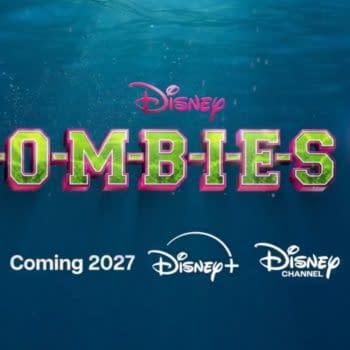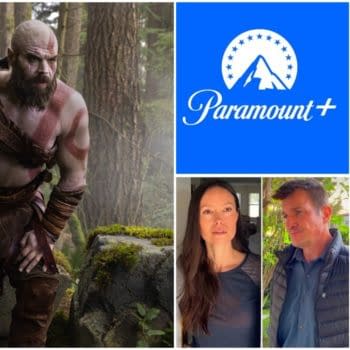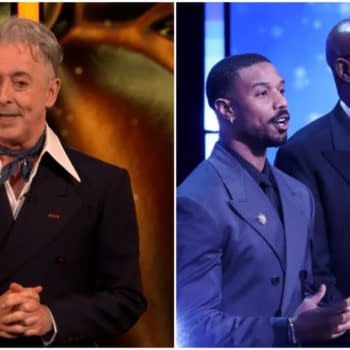Posted in: Marvel Studios, Movies | Tagged: Avengers: Infinity War, captain marvel, entertainment weekly, kevin feige, marvel, Marvel Studios, mcu
Part 5: Kevin Feige on Everything MCU in New Entertainment Weekly
Marvel Studios head honcho Kevin Feige knows what to say when talking the future of the MCU, something he proves once again in the most recent Avengers: Infinity War issue of Entertainment Weekly.

Feige was asked a bit about everything during the spotlight feature, because let's be honest, there's HOW MANY films still on the slate for this phase of the universe alone? Needless to say, it's a lot of ground to cover, so we're going to break up the piece into parts, because it'll make more sense that way.
Parts 1-4 of this interview (which originally comes from Entertainment Weekly from their Avengers: Infinity War issue) covers a pretty large gamut of items; Black Panther sequel, what a Marvel Studios "end" is, and the dark "What Ifs".
Part 5 is slightly more positive than 4, as Kevin talks about the importance of representation, Captain Marvel, and doing a more modern 'period' superhero film:
Entertainment Weekly: You have Brie Larson as Captain Marvel, the first female title character in a Marvel Studios film, with Anna Boden and Ryan Fleck co-directing. Obviously, Ryan Coogler directing Black Panther was a landmark for representation. Will you get more women and people of color behind the camera as well as in front of the camera?
Kevin Feige: Yes. I think we're seeing it shift from a very purposeful initiative to just a fact of life, to just a way of doing business. Then there are people we hired that we're not ready to announce in all different capacities, particularly behind the camera. As Panther has so loudly declared, [representation] can only help you, can only help you tell unique stories, can only help you do things in a new, and unique, and fresh, and exciting way. If you do that, audiences will notice it, and appreciate it, and support it.EW: I wanted to ask you a little more about Captain Marvel. It's set in the 1990s. How does shifting that timeline back open up new storytelling for the MCU?
Feige: We wanted to explore a period before Samuel L. Jackson's Nick Fury had any idea about any of the other heroes and crazy stuff going on in the world. You know, we first met Nick when he told Tony, "You're part of a big universe. You just don't know yet." Well, we want to go back to a time when he didn't know it yet, and really showcase and announce that Carol Danvers was that first hero that Nick came across. That meant she could be the singular hero, but place it within timing of the MCU. It also got us talking about different genres, exploring this notion of sort of the '90s action film. We hadn't necessarily done anything like that before either, so there are definitely homages to our favorite '90s action films within Captain Marvel.
EW: What defines a '90s action film? Like, what would be a few of the inspirations?
Feige: Well, not necessarily talking about any particulars of the story, but the action elements Terminator 2. That's about as iconic as you get, looking at kind of those cool street level fights, street level car chases, and fun stuff like that. That being said, much of the movie takes place in outer space, as you might think a Captain Marvel movie would. Like all of our genre inspirations, there are bits and pieces here and there.
Thus ends our multipart Feige spotlight series. Make sure you pick up the new issue of Entertainment Weekly (because those sweet sweet Avengers: Infinity War images, guys) wherever you purchase physical magazines and such.





